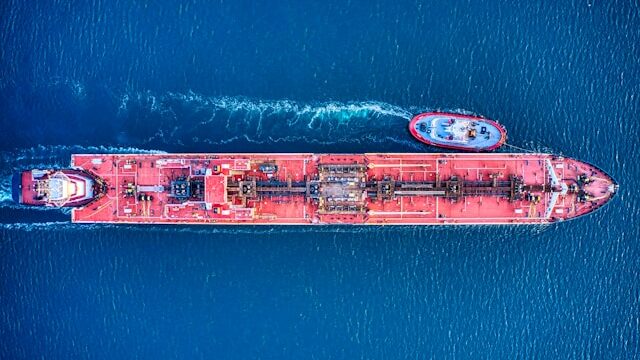Key Takeaways:
- Importance of proactive and scheduled maintenance for vessel safety and reliability.
- How neglecting maintenance can lead to safety risks and increased financial costs.
- Insights into the latest technological advancements and environmental best practices in marine maintenance.
- The value of keeping accurate maintenance records for warranty claims, resale, and troubleshooting.
- Real-life consequences of maintenance neglect and how regular upkeep supports vessel value.
Table of Contents:
- Why Marine Equipment Maintenance Matters
- Critical Marine Equipment Maintenance Tips
- The Cost of Neglect: How Improper Maintenance Affects Your Vessel
- Step-by-Step Guide to Basic Marine Maintenance
- When to Seek Professional Help
- Innovations in Marine Maintenance Technology
Why Marine Equipment Maintenance Matters
For anyone captivated by the allure of the open seas, keeping a vessel in prime condition is essential. Regular maintenance is not merely about aesthetics; it’s a matter of safety and operational readiness. A well-kept vessel speaks volumes about the owner’s commitment to safety and seamanship. Scheduling routine check-ups for the hull, engine, and onboard systems goes beyond cosmetic appeal—it’s an integral part of marine safety protocols. After all, when you’re miles away from shore, the reliability of your vessel is what stands between a leisurely cruise and an emergency. By investing in marine RV maintenance, boat owners safeguard their investment and the lives of all aboard.
Critical Marine Equipment Maintenance Tips
To maintain vessel readiness and safety, it is critical to understand and undertake essential maintenance practices. Checking hull integrity for signs of wear and potential breaches, ensuring the engine is functioning efficiently, and confirming that navigational electronics are reliable are just a few examples of vital checks. Batteries should be charged and tested regularly, fuel systems must be inspected for leaks, and safety equipment should be carefully examined and updated. These operations form the foundation of a comprehensive marine maintenance routine and help preempt potential issues before they arise, thus offering peace of mind whenever you cast off.
The Cost of Neglect: How Improper Maintenance Affects Your Vessel
Ignoring routine maintenance doesn’t just lead to diminished performance; it can exponentially increase the risk of malfunctions and safety hazards. The cost implications are profound: a poorly maintained engine can lead to critical failure, necessitating a costly overhaul or replacement. Corrosion can compromise structural integrity, and neglected safety equipment may fail when it’s needed most. These scenarios can translate into hefty repair bills and jeopardize the vessel’s sea-going capability, making clear the case for regular check-ups and preemptive maintenance.
Step-by-Step Guide to Basic Marine Maintenance
Marine maintenance requires diligence and a thorough approach. Starting with a visual inspection of the vessel’s exterior for any signs of damage can quickly highlight areas needing immediate attention. Checking fluid levels, changing the oil, and examining the bilge pumps for proper operation are pivotal steps that keep the vessel’s engine in good working order. It’s also wise to regularly test the electrical systems, including the navigational lights and communication equipment, to avoid potential mishaps at sea. By adhering to a comprehensive checklist and maintaining a consistent schedule, boat owners ensure that crucial maintenance tasks are addressed.
When to Seek Professional Help
There are straightforward maintenance tasks that can be performed by the boat owner, such as basic cleaning and simple mechanical upkeep. However, professional expertise becomes crucial for more intricate systems or serious issues. Understanding the limitations of one’s knowledge and abilities is a safety measure. Detecting signs of deep-seated engine problems, complex electrical failures, or structural damage calls for a trained eye. This is where the skills of certified marine mechanics or electricians are invaluable. Seeking their services at the right time ensures that maintenance is thorough and correctly executed, ultimately protecting your nautical investment.
Innovations in Marine Maintenance Technology
Marine maintenance is evolving thanks to technological innovation. The introduction of advanced diagnostics and remote monitoring systems has vastly improved the ability to detect and address problems preemptively. Sophisticated software applications now allow boat owners to closely monitor engine performance, battery levels, and even bilge pump activity from afar. These tools can help predict potential failures before they become emergencies, allowing for timely intervention. Moreover, technological developments bring a level of precision to the maintenance process that was previously unattainable.
